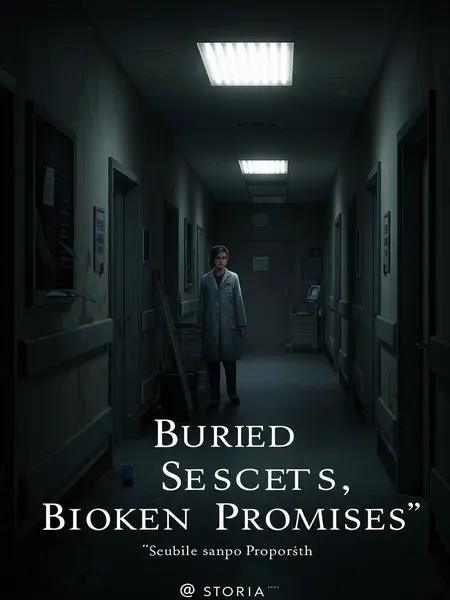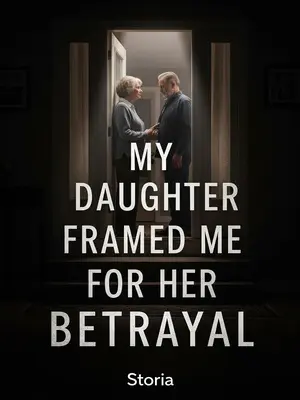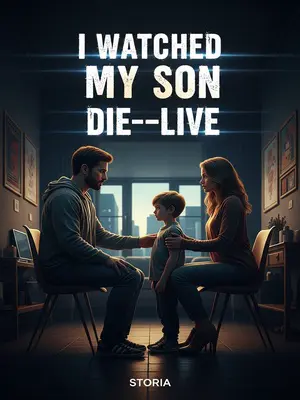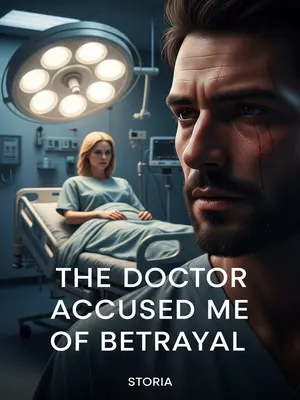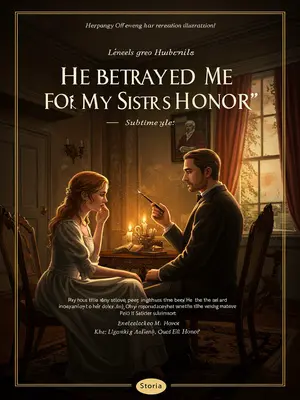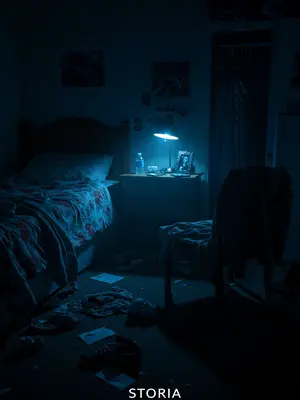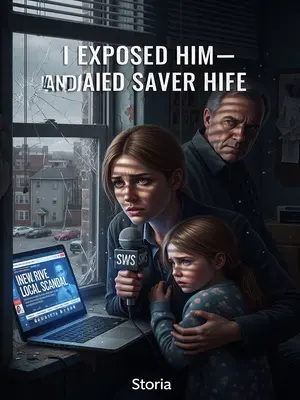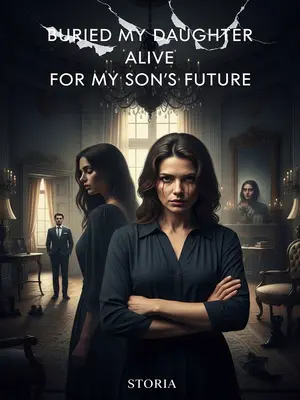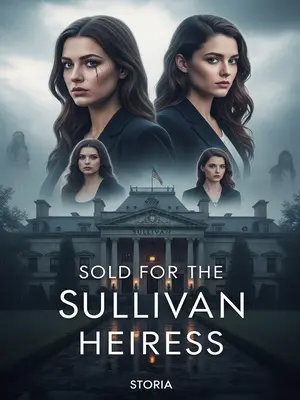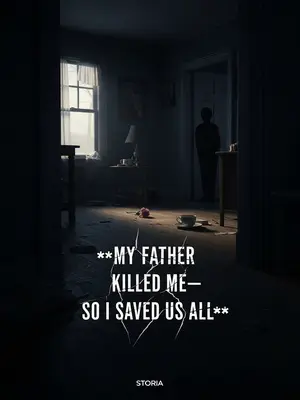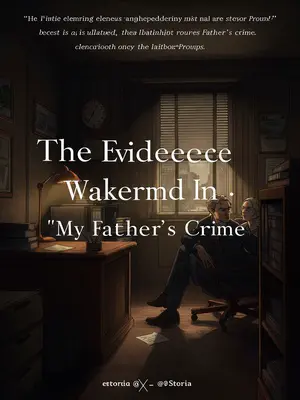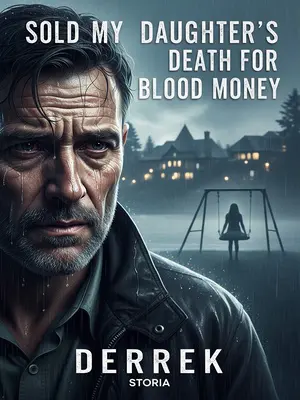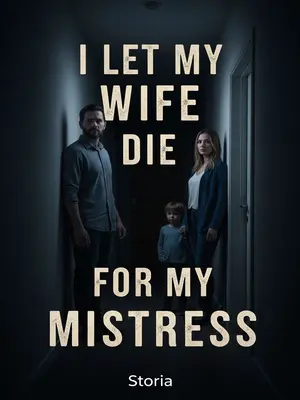Chapter 4: The Truth Unveiled
"What prescription do you want?" he asked the group leader.
Officer Ramirez turned, notebook finally open, pen poised. He looked tired, but alert.
"A cancer-curing prescription! We've been taking that medicine for years. Now the old man is dead, and his son won't make it for us, so he has to give us the formula. Now you understand, officer?"
He waved a tattered pill bottle for emphasis, label faded but hope undimmed. The crowd murmured in agreement, a sad chorus of longing and denial.
"You have a cancer-curing prescription?"
I quickly waved my hands in denial. "How could I have a cancer-curing prescription? I'm just a regular student. My father was just an ordinary man. If you want to treat cancer, go to a hospital! Why are you asking me?"
I tried to keep my voice steady, but it came out sharp, almost pleading. My mother squeezed my arm, whispering, “It’s not your fault.”
"Officer, don't listen to his nonsense!" The group leader grew agitated. "His father was a small-town healer. He could make a kind of pill that worked wonders for cancer. More than a hundred of us have taken it for years. It's cheaper and more effective than the hospital! Now we just want him to keep supplying us, that's all."
He spoke as if Dad had been some kind of backwoods wizard, curing the incurable. The crowd nodded, hope flickering in their tired eyes. A young man at the back pulled out his phone, probably already Googling the story for the tenth time.
"A small-town healer? That rings a bell." The officer thought for a second, then slapped his thigh. "Is this the case the city police and the FDA shut down last month?"
He turned to his partner, eyebrows raised. She nodded, flipping through a battered notepad for the incident number. I felt a cold pit in my stomach; the words made it all so final.
"Yes, officer." I raised my hand. "This is the place they sealed. My father was reported for producing and selling fake medicine, practicing medicine without a license, and was arrested on the spot. If he hadn't died of exhaustion, he'd be in jail right now."
There was a sharp intake of breath from the group. My voice trembled, but I forced myself to meet Officer Ramirez’s eyes. My mother's shoulders slumped, the last bit of hope draining from her face.
"Oh..." The officer looked from the group leader to the packed memorial hall. "Did it really work for you?"
He sounded almost curious, skepticism warring with sympathy. The silence was heavy, broken only by a cough from the back of the room.
"It worked!" Many people nodded vigorously.
It was a desperate affirmation, a collective attempt to will the story into truth. Even those who looked the sickest nodded, clutching their bottles as if they were life preservers.
"If it's fake medicine, it's probably just a tonic to make you feel better—a scam to take your money. We've seen plenty of these cases. You should go to a real hospital. Taking random medicine can have serious side effects."
Officer Ramirez’s tone shifted, more like a stern uncle than a cop. A few heads bowed, shame flickering in their eyes. Some crossed themselves out of habit, hoping for a miracle.
A woman in the crowd shouted, "No side effects! I've taken it for twenty years! The hospital calls me a cancer miracle!"
Her voice was high and shaky, more defiant than confident. Her son, a teenager in a varsity jacket, squeezed her hand, eyes darting between the adults.
"How much did it cost per dose? Must've been expensive. Lots of people lose everything to fake medicine..."
Officer Ramirez’s skepticism returned, hands on his hips. My neighbor, Mr. Chang, called from the doorway, “Yeah, my uncle spent his whole pension chasing those cures.”
"It used to be fifty cents a pill. This year it went up to sixty."
Sixty cents. Less than a pack of gum. The number landed in the room like a bad punchline. Someone in the back did the math out loud, voice tinged with disbelief.
"How many pills a day?"
Officer Ramirez scribbled notes, face tightening. He shot me a look that was half apology, half warning.
"Just one."
The answer hung in the air, simple as a child’s wish. I saw a flicker of pity in the officer’s eyes—he knew, as I did, that hope could make you believe in anything.
"So you're telling me, sixty cents a day can cure cancer?"
He sounded almost amused now, a smirk twitching at his mouth. A few people chuckled nervously, the absurdity briefly breaking the gloom.
"Yes!"
Their voices rang out together, brittle with conviction. It was faith, not fact, that held them up. For a moment, the room was silent, hope and doubt circling like old rivals.
The officer planted his hands on his hips and barked, "Ridiculous! The world's medical mystery solved by a small-town healer? What a joke! If there really were such a miracle drug, I'd be the first to arrest whoever reported it!"
The room deflated, the energy draining away. Even the group leader looked a little sheepish, eyes darting to the floor. I felt a strange relief—finally, someone had said what I’d been too afraid to admit.
Silence fell.
It was the heaviest silence yet, thick as the summer storm clouds gathering outside. For the first time, no one seemed willing to meet my eyes. The clock ticked loudly in the background, marking the end of an era.
I tugged at the officer's pants.
My voice was quiet, almost a whisper. "Officer, it was them who reported my father."
He looked at me, surprise flickering across his tired face. The truth settled in the room like dust. For the first time, I saw fear in the group leader’s eyes—not of dying, but of being found out.
